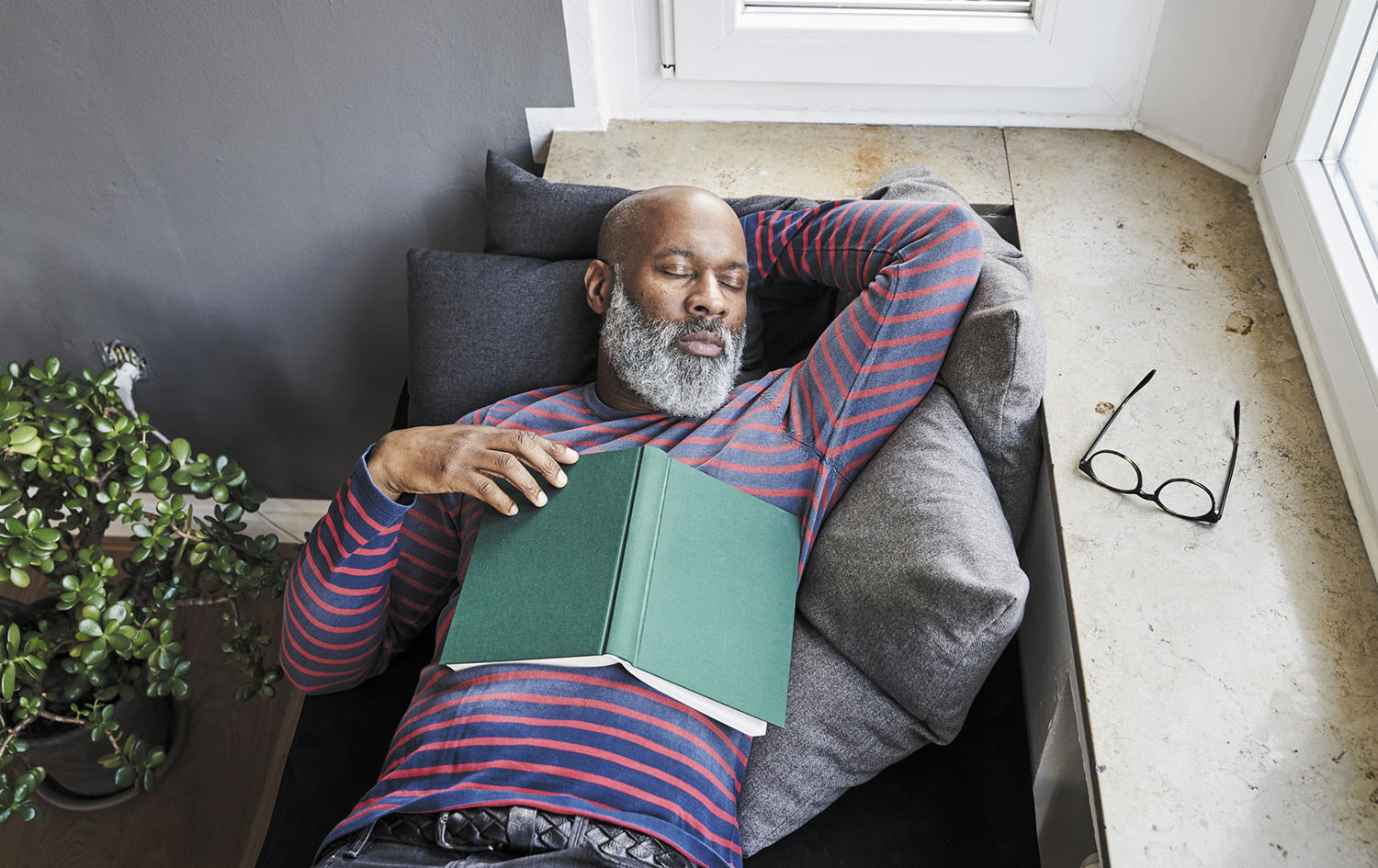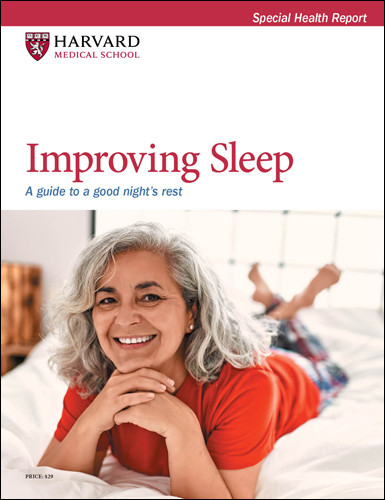Should I take afternoon naps?
On call

Q. I retired earlier this year and have begun to enjoy taking afternoon naps. But is regular napping good for my health?
A. The first thing to consider is the possibility that you nap because you have daytime sleepiness. If so, what is the cause? For example:
- Do you take any medicine that might make you sleepy? Review your prescriptions with your pharmacist or during your next doctor's visit.
- Have you started having problems sleeping at night? If you sleep well at night and wake up refreshed, don't worry. But if you feel groggy or have early-morning headaches, you may have sleep apnea or some other cause of interrupted sleep.
- Could you be depressed? Ask yourself if you no longer enjoy activities that previously gave you pleasure and whether you feel low.
If you feel your napping may be related to these issues or other health concerns then see your doctor. However, it sounds as if your nap is voluntary and enjoyable. It probably does not reflect an underlying sleep disturbance. If it refreshes your day without making it hard to sleep at night, snooze away.
For most people, napping in the early afternoon when your body experiences a natural circadian dip, is the best way to catch a few winks without disturbing the sleep-wake cycle. There is no consensus on how long you should nap. Some experts recommend naps should last no more than 30 minutes. The limit is 60 minutes, because longer naps have been linked to a higher risk of health problems like cardiovascular disease.
Try to schedule your naps and not wait until you get sleepy, which will prevent you from napping too late in the day. Keep your napping space dark, cool, and free from distractions. (But there is nothing wrong with the standard couch nap if that's most comfortable.) Remember to give yourself 10 minutes after napping before engaging in mentally or physically demanding tasks.
There is still some stigma about naps at work in America because of the lingering notions of decreased productivity and even laziness. But there is solid evidence that an afternoon nap can improve a worker's cognitive performance, especially for complex tasks, and may stimulate creativity.
When NASA and the Federal Aviation Administration studied the effects of napping on pilots, they found that naps improved mental alertness and performance. Many night shift workers reportedly perked up after taking naps as brief as 15 to 20 minutes.
So, enjoy your nap. Even if you return to work, maintaining an afternoon nap as part of your daily routine can be beneficial.
Image: © Westend61/Getty Images
About the Author

Howard E. LeWine, MD, Chief Medical Editor, Harvard Health Publishing; Editorial Advisory Board Member, Harvard Health Publishing
Disclaimer:
As a service to our readers, Harvard Health Publishing provides access to our library of archived content. Please note the date of last review or update on all articles.
No content on this site, regardless of date, should ever be used as a substitute for direct medical advice from your doctor or other qualified clinician.
















